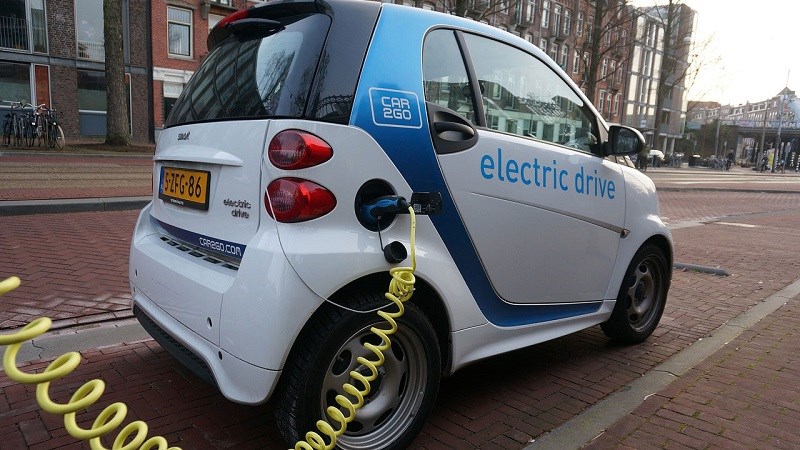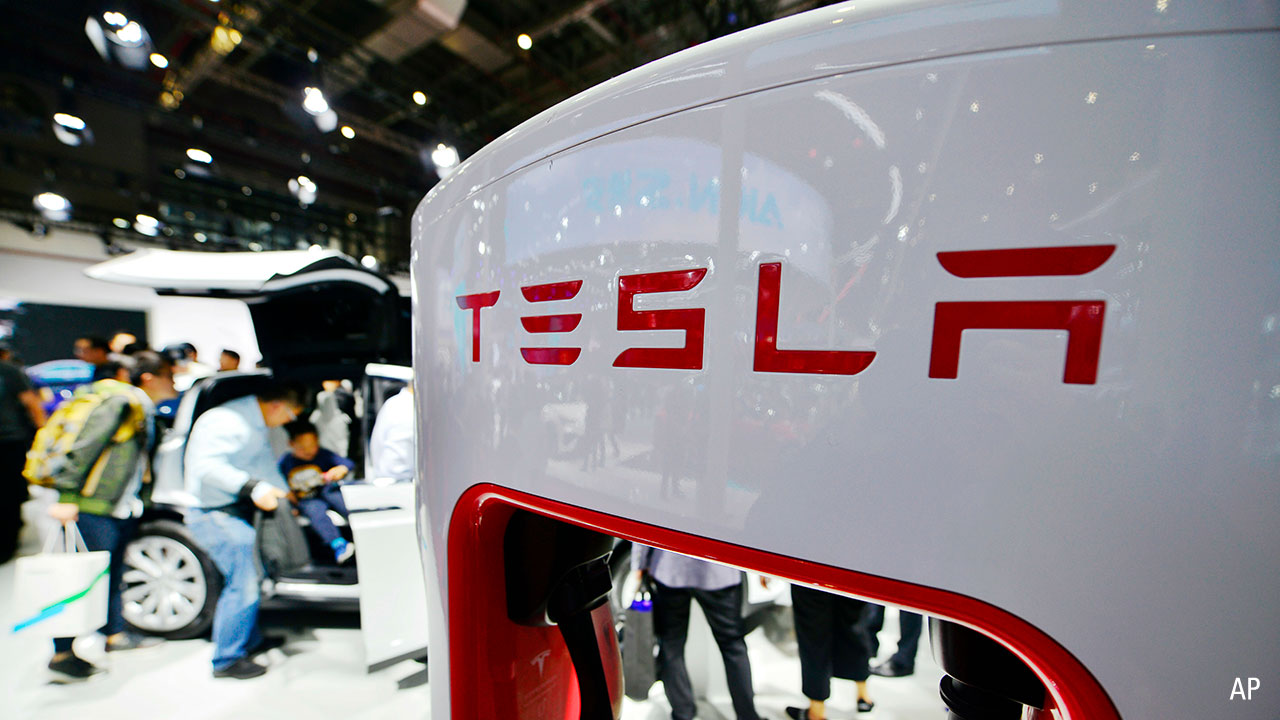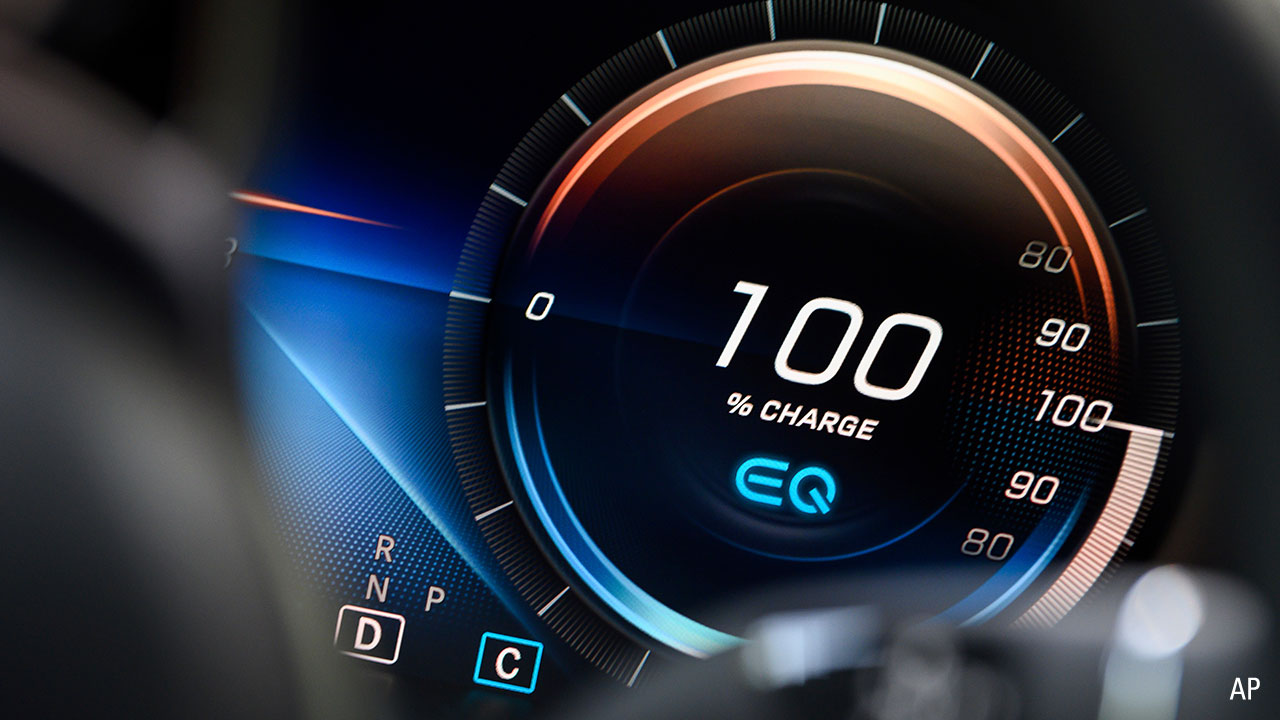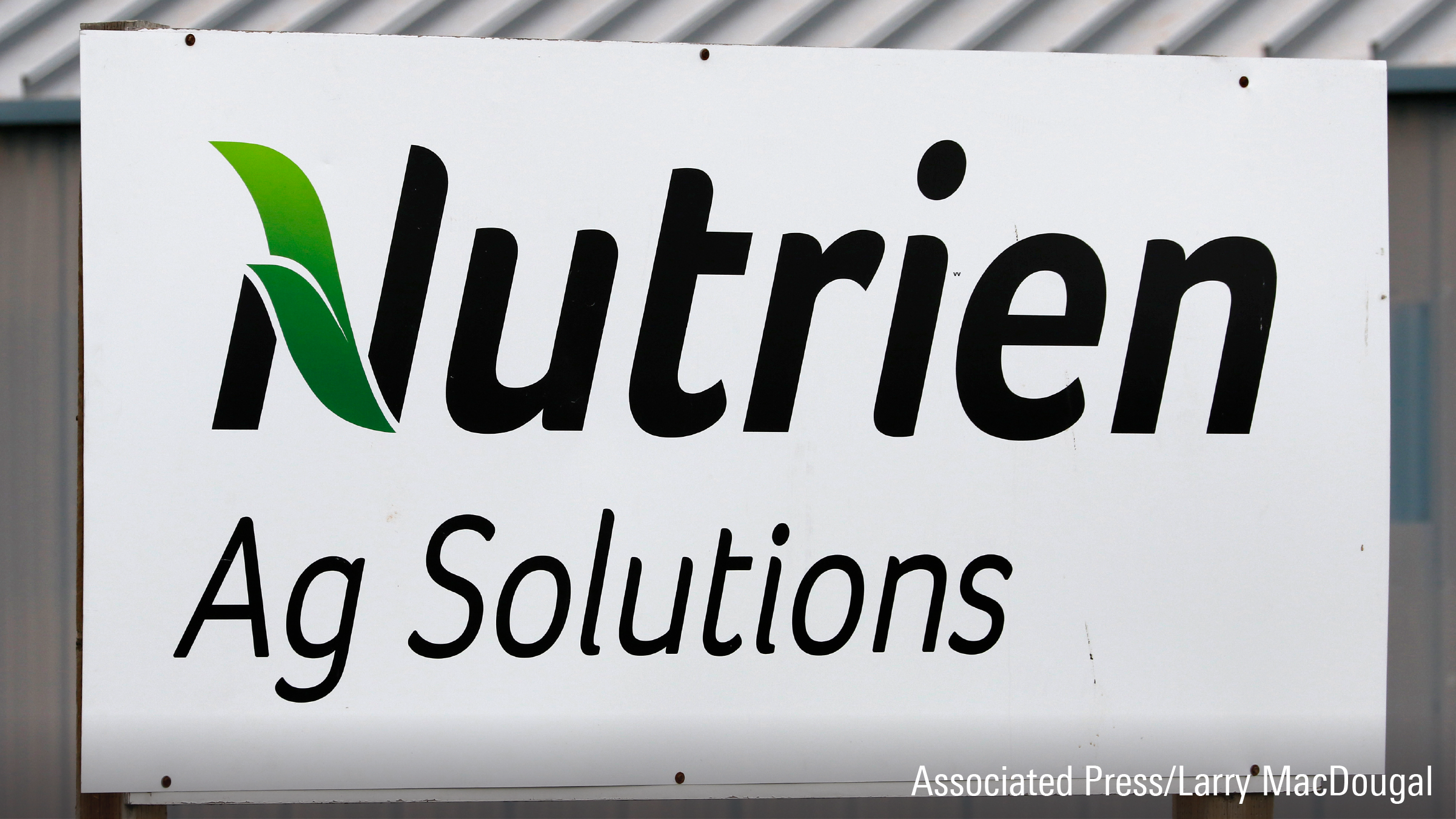
In just over a decade, battery electric vehicles will account for one out of every five cars sold. The 2020s will also be the decade of the hybrid, as these partially electric cars will reach 30 per cent of new car sales by 2030. At the same time, by 2030, half of all new cars sold will be EV or hybrid.
In a new report on the revolution in the electric vehicle sector, Morningstar has identified the sectors that stand to benefit. They include:
-
Auto OEMs (original equipment manufacturers) and parts suppliers
-
Battery manufacturers
-
Lithium producers
-
Utilities
Following is a list of 11 actionable ideas across these sectors, with comment from the relevant Morningstar analyst. There are some compelling discounts as indicated by the price/fair value rating, or P/FV. Delphi Technologies for instance has a P/FV of 0.23, which means it’s trading at a discount of 77 per cent.
Seven of the 11 names carry a narrow moat rating, indicating a sustainable competitive advantage of about a decade. However, it should be noted that eight of the 11 carry a “high uncertainty” rating, a broad measure of risks a company faces. Tesla, for instance, is a pure-play EV name but carries very high uncertainty rating because, as analyst Seth Goldstein notes, it faces balance sheet risk, execution risk around new product launches, and key-man risk in that its success hinges on its chief executive, Elon Musk.
11 actionable ideas for the EV revolution
Auto manufacturers and parts suppliers
General Motors (GM)
Four stars | P/FV: 0.73 | No moat | High uncertainty
GM is on our Best Ideas list because we think it still has more operating efficiencies to unlock to get more scale. It also is a leading EV firm with the Chevrolet Bolt beating the Tesla Model 3 to market. In October 2017, GM announced a vision of a world with zero crashes, zero emissions, and zero congestion.
EVs are a key part of this strategy because they are zero emission and because GM sees AVs being EVs. GM's AV subsidiary Cruise continues to work toward launching a commercial AV ride hailing service which should involve increased EV production. Cadillac seeks to be entirely EV in the back half of next decade and GM targets 20 new EVs by 2023. (David Whiston)
Ford (F)
Four stars | P/FV: 0.71 | No moat | High uncertainty
Ford is finally shifting all its emphasis from hybrids to now include plug-in hybrids and EVs. The company is spending US$11 billion ($16.25 billion) to bring 16 EVs to market by 2022. The first of which comes in 2020, a Mustang inspired crossover with 300 mile range likely called the Mach E.
The stock remains undervalued with a very generous, and we believe, safe dividend yield. Long overdue ICE products in profitable light truck segments suggest to us Ford's biggest risk for 2020 is will the U.S. enter a recession. (David Whiston)
Tesla (TSLA)
Three stars | P/FV: 1.06 | No moat | Very high uncertainty
Tesla is the most logical pure play EV maker idea. We see a lot of inherent risk in the stock, notably balance sheet risk, execution risk around new product launches, and immense key man risk since we think Tesla's stock would collapse from current levels without Elon Musk. Musk's actions have also at times raised the risk profile such as tweets resulting in civil fraud charges from the SEC.
Despite these risks, we think its EV sedans carry cachet with consumers and their high tech appeal brings customer reactions more indicative of Apple's phones than a carmaker. It's possible Tesla may always have a cost advantage over other EV makers but that won't matter if they can't survive or scale up to meet demand, so buyer beware in our opinion.
The Germans have started their EV launches with the Audi e-tron crossover. Once Tesla's rivals can make an EV profitably, they could easily outproduce Tesla and limit Tesla's growth. (Dave Whiston)

It's possible Tesla may always have a cost advantage over other EV makers but that won't matter if they can't survive or scale up to meet demand, so buyer beware in our opinion
BMW (BMW)
Five stars | P/FV: 0.53 | Narrow moat | High uncertainty
We think that investors have an opportunity to own the shares of Narrow-moat rated BMW at a compelling valuation. This 5-star rated stock currently trades at a 47 per cent discount to our 118 euro ($192) fair value estimate.
We think the market has unfairly discounted the shares owing to concerns about tariffs, European exposure to diesel powertrain, as well as higher spending needed for industry disruptive technologies including mobility, autonomy, and electrification.
Even so, our fair value estimate already takes into consideration profit pressure and a midcycle industrial EBIT margin, excluding China JV equity income, of 7.5 per cent versus the 10-year median of 9.0 per cent. BMW expects to offer electrified powertrains for all models by 2020. In 2025, the company targets a portfolio of 25 models: 12 all electric and 13 with hybrid options. (Richard Hilgert)
BorgWarner (BWA)
Four stars | P/FV: 0.61 | Narrow moat | High uncertainty
We think 5-star, narrow-moat-rated BorgWarner is attractively valued, currently trading at a 39 per cent discount to our US$57 fair value estimate. Global clean air regulations drive automaker customers' demand for higher efficiency propulsion systems.
BorgWarner broadly defines itself as a propulsion systems supplier. Propulsion technology, as specified by BorgWarner, includes "highly engineered, sophisticated components, and modules for combustion, hybrid, and electric battery-powered vehicles."
In our opinion, BorgWarner revenue will grow at an average annual rate that is 2-4 percentage points higher than the annual growth rate in global light vehicle demand, no matter what the adoption rate is for hybrid or battery electric powertrains. (Richard Hilgert)
Delphi Technologies (DLPH)
Four stars | P/FV: 0.23 | Narrow moat | High uncertainty
In our view, 5-star, narrow moat rated Delphi Technology shares trade at a compelling 77 per cent discount to our US$55 fair value estimate. The company’s electrified powertrain products include several offerings with higher dollar content value than its traditional powertrain products, like supervisory controllers and software, plus DC/DC converters, high-voltage inverters, combined inverter and DC/DC converter, as well as on-board chargers.
Consequently, we expect a shift to more hybrid and EV penetration to result in an increase in Delphi’s content per vehicle and modest margin expansion. (Richard Hilgert)
Battery manufacturers
Panasonic (6752)
Four stars | P/FV: 0.69 | No moat | High uncertainty
Panasonic is a global electronics conglomerate and one of the largest suppliers of lithium ion batteries, with an estimated 18 per cent market share in the auto space, competing with Contemporary Amperex Technology, BYD, and LG Chem.
Panasonic is well known as being the exclusive battery supplier for Tesla, and thus the ramp-up of Model 3 production will drive its battery revenue in the short run.
However, while Panasonic has been focusing its resources to automotive business over the past few years, unstable production and lower yield rate has been dragging down the profitability, forcing the company to rebuild its mid-term growth strategy. Panasonic needs to improve the efficiency of its investment, and as a result, will be more selective on further ramp-up. (Kazunori Ito)
Lithium producers
Albemarle (ALB)
Five stars | P/FV: 0.49 | Narrow moat | High uncertainty
Narrow-moat Albemarle is currently the largest lithium producer in the world. Although Albemarle is not a pure-play lithium company, we estimate that over 75 per cent of the company's profits will come from lithium by 2028, up from around 50 per cent in 2018 as the company triples its volumes over that time.
Albemarle benefits from a cost advantage in lithium carbonate, through its brine operations at the Salar de Atacama in Chile and lithium hydroxide, through its low-cost spodumene (lithium feedstock) operations in Australia. Both of the company's lithium assets are best in class resources globally. (Seth Goldstein)

It's estimated more than 75 per cent of Albermarle's profits will come from lithium by 2028, up from around 50 per cent in 2018
SQM (SQM)
Five stars | P/FV: 0.46 | Narrow moat | High uncertainty
SQM is the second largest lithium producer globally after Albemarle. SQM's "crown jewel" is its the Salar de Atacama operation in Chile that is the best lithium brine resource in the world, with slightly lower costs than Albemarle, and also produces potash.
Lithium is SQM's largest segment, accounting for 56 per cent of total profits in 2018 and we expect this to grow to 75 per cent by 2028. SQM is investing heavily in its low-cost lithium production, with plans to more than triple its lithium capacity at the Salar de Atacama and through a joint venture in Australia. (Seth Goldstein)
Utilities
Edison International (EIX)
Three stars | P/FV: 1.09 | Narrow moat | Medium uncertainty
The Southern California electric utility is one of the largest investors in EV infrastructure in the country. Edison's five-year US$25 billion capital investment plan includes infrastructure investment to support systemwide EV charging demand.
Edison has proposed investing US$1.1 billion through the state's Charge Ready program to support EVs. We expect regulatory support to help achieve California's goal of 7 million EVs in the state. (Travis Miller)
Sempra (SRE)
Two stars | P/FV: 1.17 | Narrow moat | Low uncertainty
Sempra's San Diego Gas & Electric is well positioned to benefit from California's electric vehicle adoption. SDG&E has filed for approval for a US$200-US$250 million investment in EV charging infrastructure for 3000 medium and heavy duty vehicles and up to 166MW in utility owned battery storage for grid resiliency.
The company is studying the potential to build EV charging infrastructure at schools, state parks, beaches and other areas. (Andrew Bischof)








.jpg)













